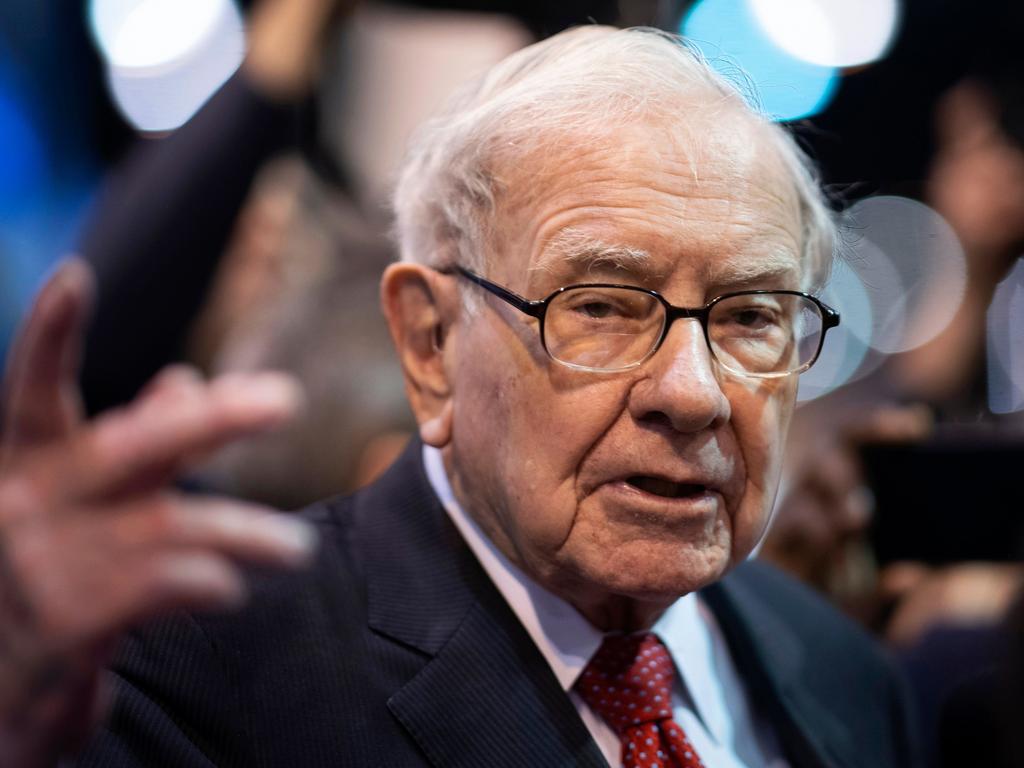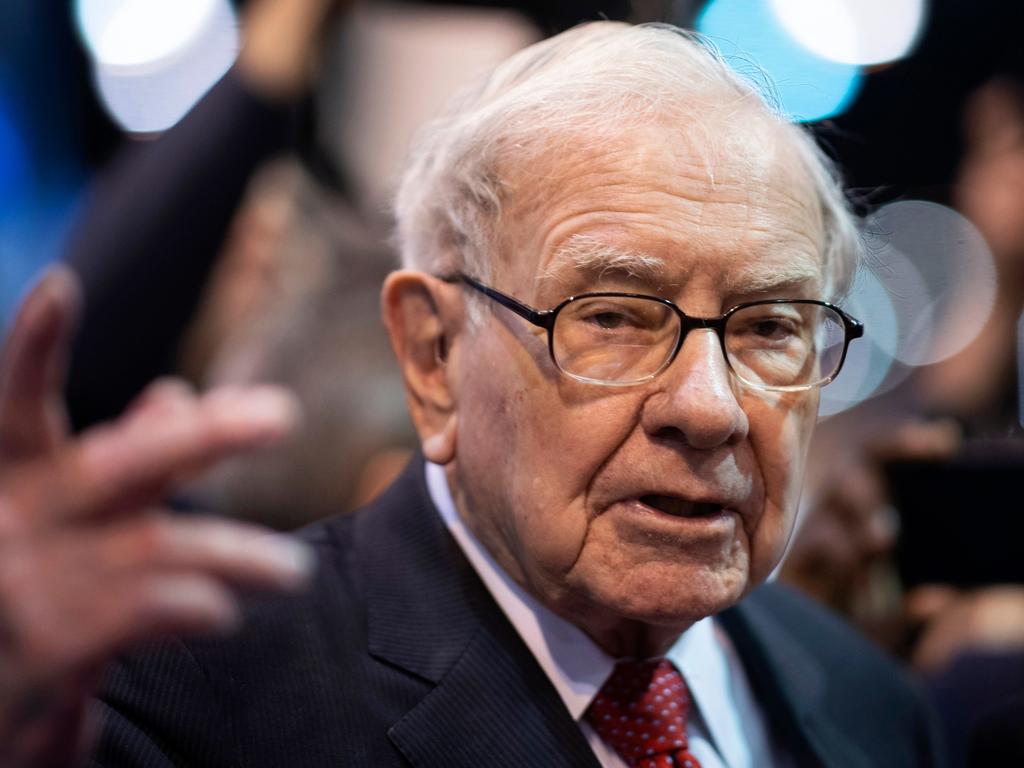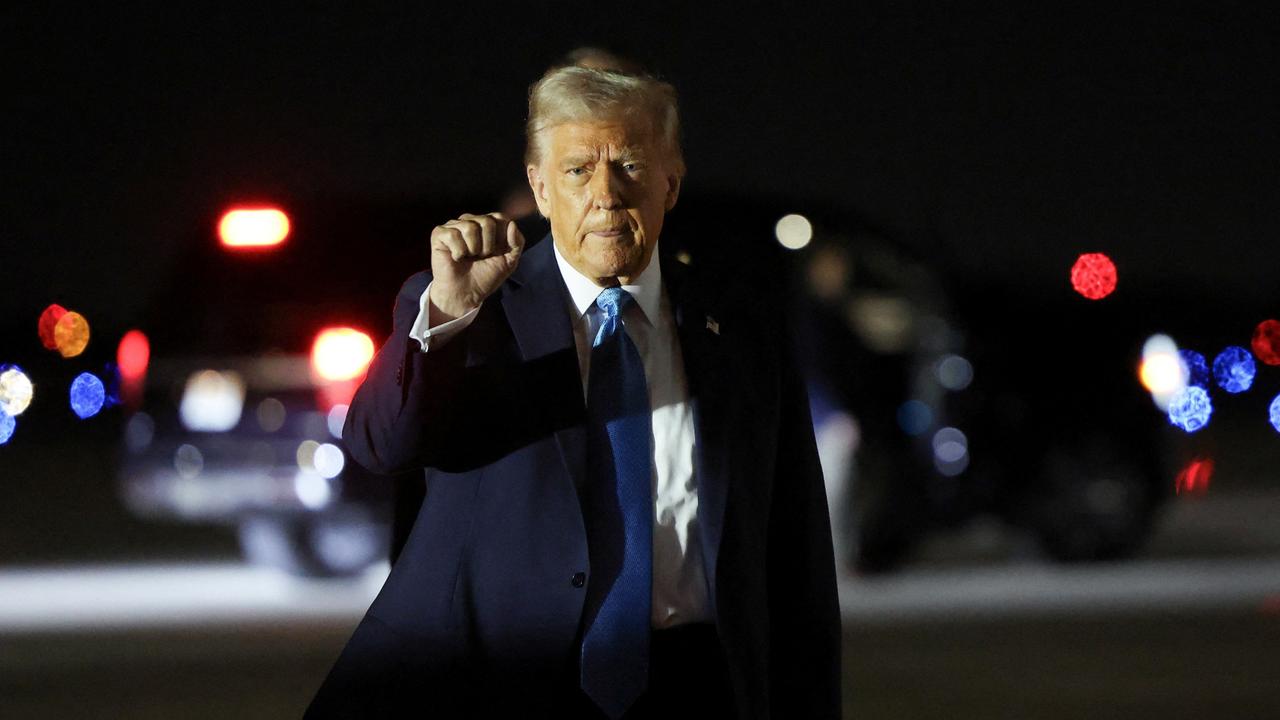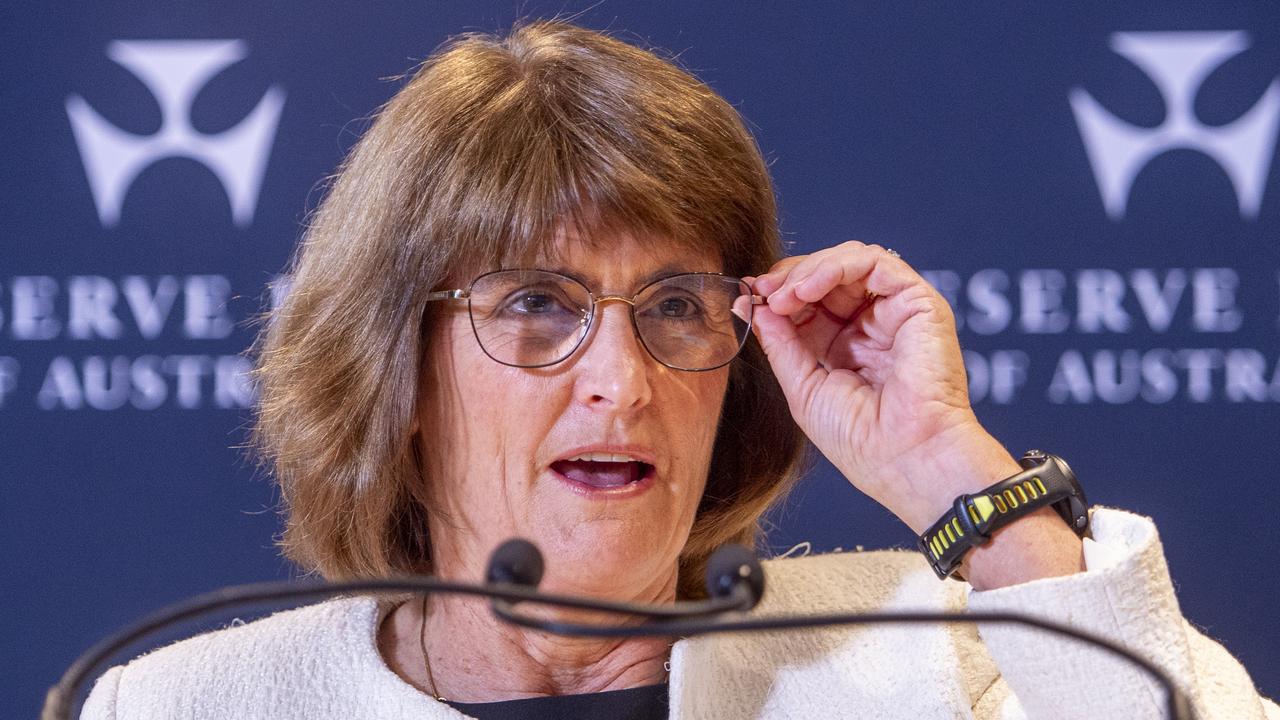Warren Buffett defends Berkshire’s moves over pandemic year
The investing guru criticised SPACs and day traders driving up valuations and discussed getting out of the airline sector.
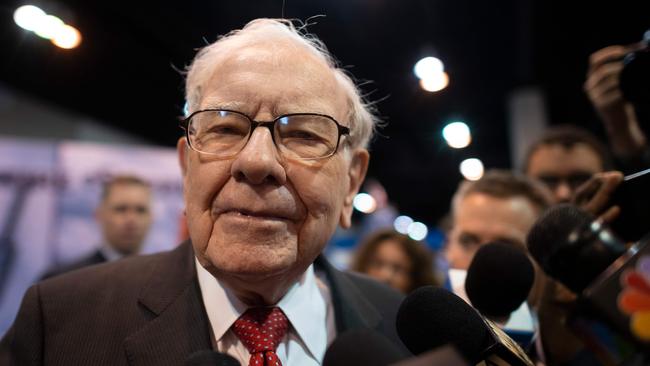
Warren Buffett defended Berkshire Hathaway Inc.’s investments over the past year, while saving his harshest comments for some of the hottest investment vehicles at the company’s annual meeting.
Speaking onstage from Los Angeles, Mr. Buffett, Berkshire’s chairman and chief executive, and his business partner Charlie Munger took questions for roughly four hours. The two men said some special purpose acquisition companies, day traders and private-equity funds that have driven valuations in both private and public companies to record levels were more gamblers than investors.
“I don’t mind the poor fish that gamble,” Mr. Munger said Saturday. “I don’t like the professionals that take the suckers.” “It’s a moral failing. It’s not just stupid, it’s shameful,” he said of SPACs. Berkshire has been harmed by the rise of some of these investors as they have made it difficult for Berkshire Hathaway to put its nearly $150 billion to work with a large acquisition. Mr. Buffett said these groups invest using other people’s money and have a time limit to deploy cash, which drives up prices.
“Frankly we’re not competitive with that. It won’t go on forever,” Mr. Buffett said of SPACs.
Looking at Berkshire’s performance, Mr. Buffett defended the Omaha, Neb., conglomerate’s investment record over the past year.
As the pandemic took hold a year ago, Mr. Buffett sold all of his holdings in major airlines. He also lowered his stakes in several banking firms, and didn’t make any large acquisitions, even as markets were falling sharply. Since then, the airline industry has been one of the largest to bounce back, and the broader market has surged.
Shareholders have questioned whether Mr. Buffett was active enough during a potentially opportunistic time.
“I don’t consider it a great moment in Berkshire’s history but we have more net worth than any company on Earth,” he said.
“And I still don’t want to own the airline business.” Mr. Buffett said the decision to cut back on airlines reflects a broader belief about the future of the industry, particularly when it comes to what is likely to happen to business travel.
He said that his move to sell some of the firm’s Apple Inc. holdings was “probably a mistake,” and that Mr. Munger told him it was a mistake. Still, Apple remains Berkshire’s largest single stock investment.
Mr. Buffett addressed several other questions Saturday, including the decision to hold the meeting in Los Angeles, and commented on the company’s quarterly earnings.
Despite being critical of day traders, he did give some advice to those who have traded stocks for the first time in the past year. He said that a hundred years ago, it was clear that cars would be the future. Since then, there have been more than 2,000 companies in the car-making business that have gone under.
“There is a lot more to picking stocks than figuring out what is going to be a wonderful industry in the future,” Mr. Buffett said.
He was critical of Robinhood Markets Inc. and other trading apps that have surged in popularity in the past year, and said they were taking advantage of people with increased disposable income.
They are “taking advantage of the gambling instincts of society, and it isn’t admirable,” Mr. Buffett said.
“It creates its own reality for a while, and nobody tells you when the clock is going to strike 12 and it all turns to pumpkins and mice,” Mr. Buffett said of the waves of retail investors.
“There is an old guard that doesn’t want average Americans to have a seat at the Wall Street table so they will resort to insults,” said a spokeswoman for Robinhood. “The new generation of investors aren’t a ‘casino group.’ They are tearing down old barriers to investing and taking control of their financial futures. Robinhood is on the right side of history.” As the 90-year-old Mr. Buffett and his 97-year-old business partner Mr. Munger advance in age, succession has become a more important topic for shareholders. Some investors have asked to hear more from Mr. Buffett’s potential successors and vice chairmen, Ajit Jain and Greg Abel, who respectively oversee the firm’s insurance business and operations.
Both men joined Messrs. Buffett and Munger in Los Angeles.
Berkshire runs a large insurance operation as well as railroad holdings, utilities, industrial manufacturers, retailers and auto dealerships. It also holds large investments, especially in the stock market. The diversity of Berkshire’s operations means Mr. Buffett is in a unique position to discuss both the state of the economy and markets.
Mr. Buffett has built his sprawling conglomerate as a vehicle for investors interested in long-term gains. As such, Berkshire operates a variety of different businesses that Mr. Buffett thinks will stand the test of time. The company also invests the float from the premiums its insurance customers pay.
The backdrop for Saturday’s meeting is in contrast with Berkshire’s virtual meeting last year, when the U.S. was in the early grips of the Covid-19 pandemic. With millions of Americans unemployed, Mr. Buffett spent much of the 2020 meeting emphasising the economy’s ability to bounce back from adversity.
A year later, Mr. Buffett is speaking as the U.S. economy has broadly improved and 30% of Americans are fully vaccinated against the coronavirus. The conglomerate reported strong profits for the first quarter earlier in the day thanks to insurance and stockmarket gains.
Several shareholder questions addressed President Biden’s proposed sweeping tax reforms introduced last month, some that would increase taxes on inherited estates and corporations.
Mr. Buffett said the tax increases wouldn’t be difficult for Berkshire to absorb. He noted that corporate tax rates, in particular, have been much higher in other times during the company’s history.
He also said he doesn’t care what happens with the new tax law and his death. “99.7% will either go to philanthropy or the federal government. I would prefer it go to philanthropy,” said Mr. Buffett. “But if they took it all, it would not bother me.” Also on Saturday, Berkshire faced two shareholder proposals that asked the company to provide more disclosures on climate risks and diversity. Despite backing from some large investors, both proposals failed to pass.
Berkshire’s Class A shares closed Friday at $412,500, a decline of 1.3%.
The Wall Street Journal


